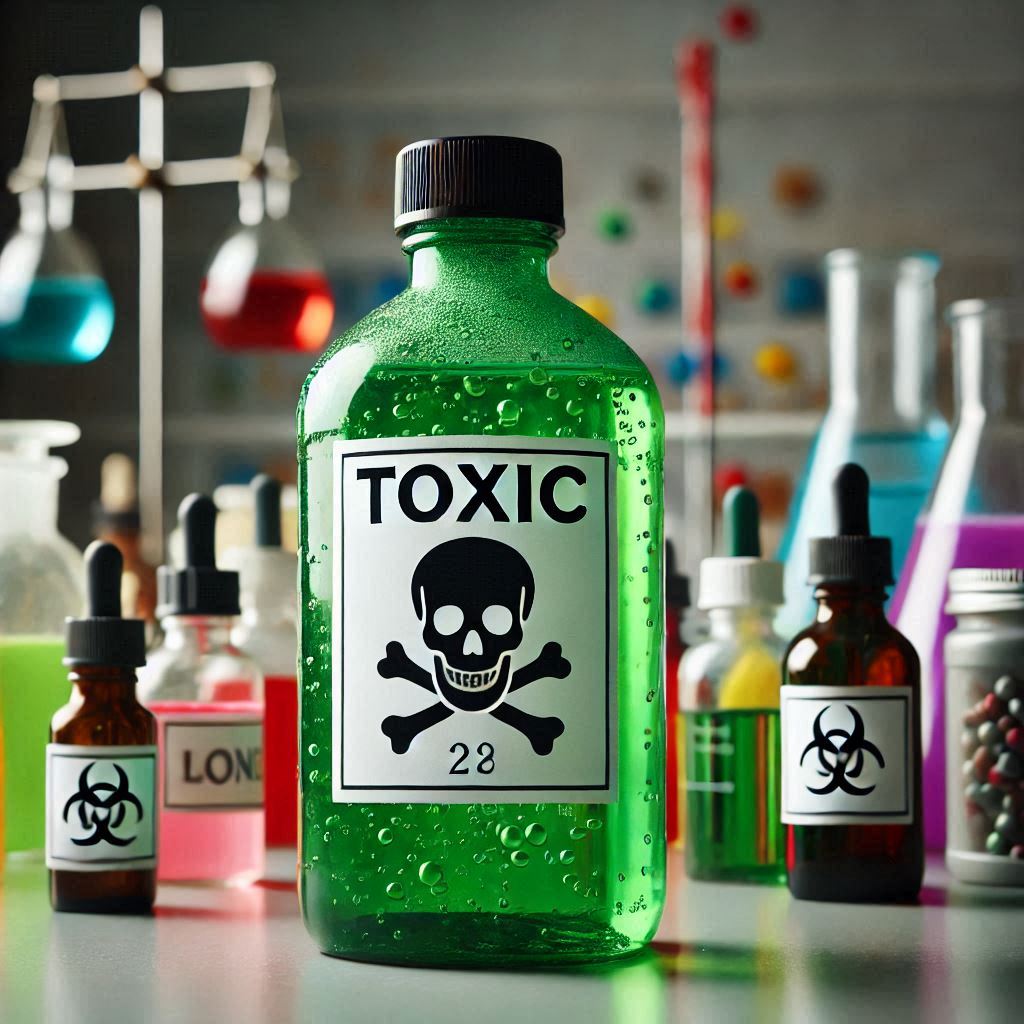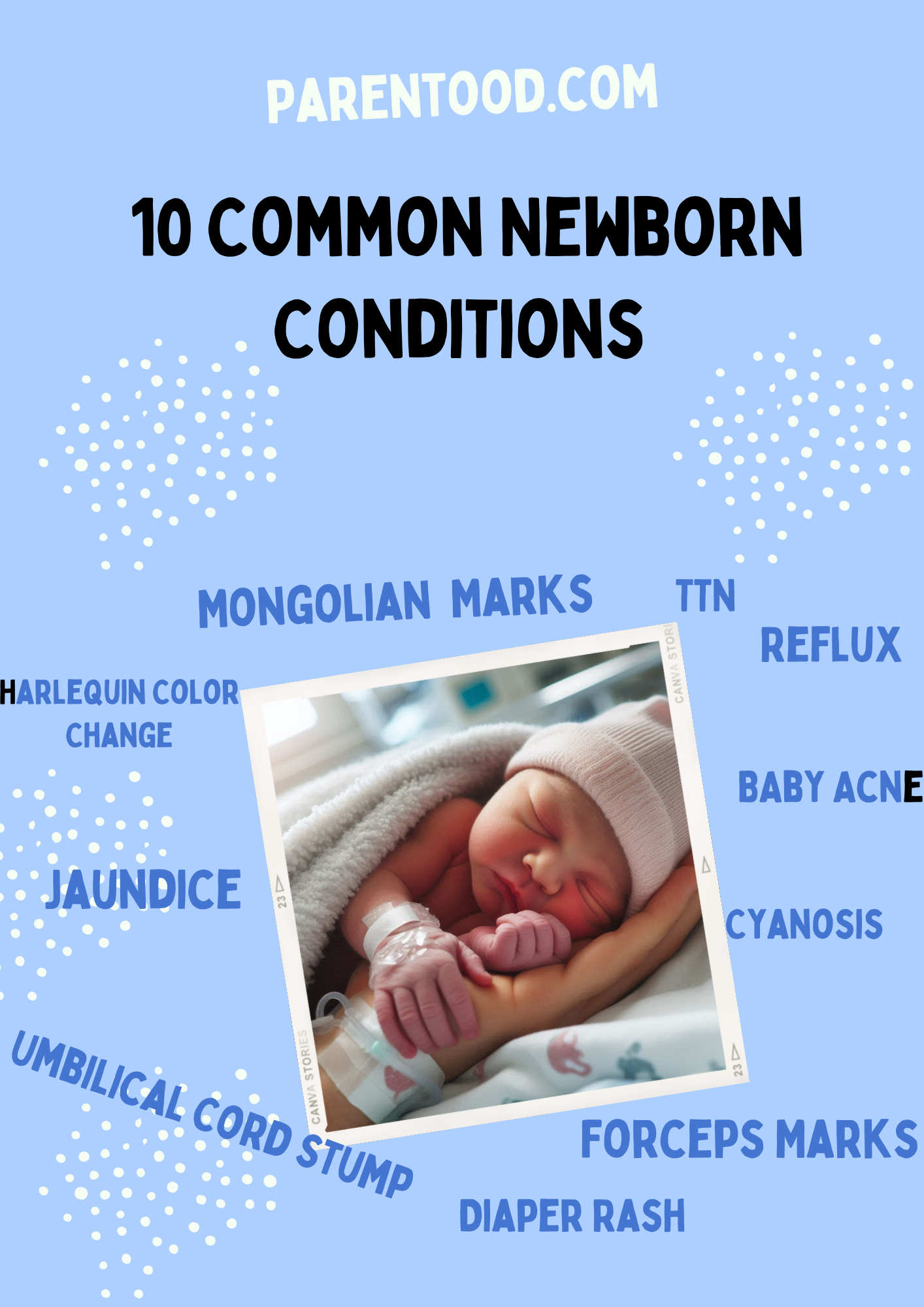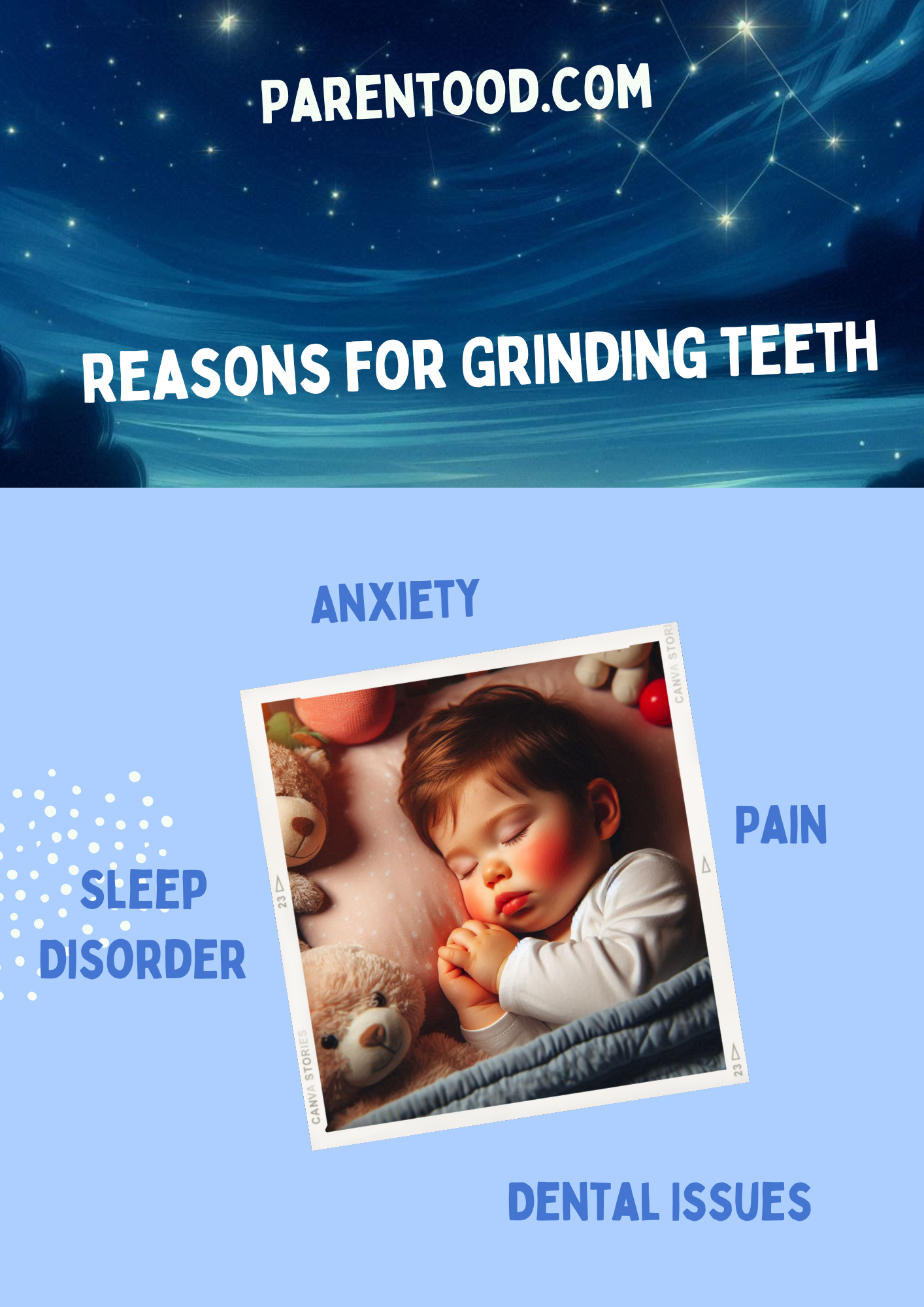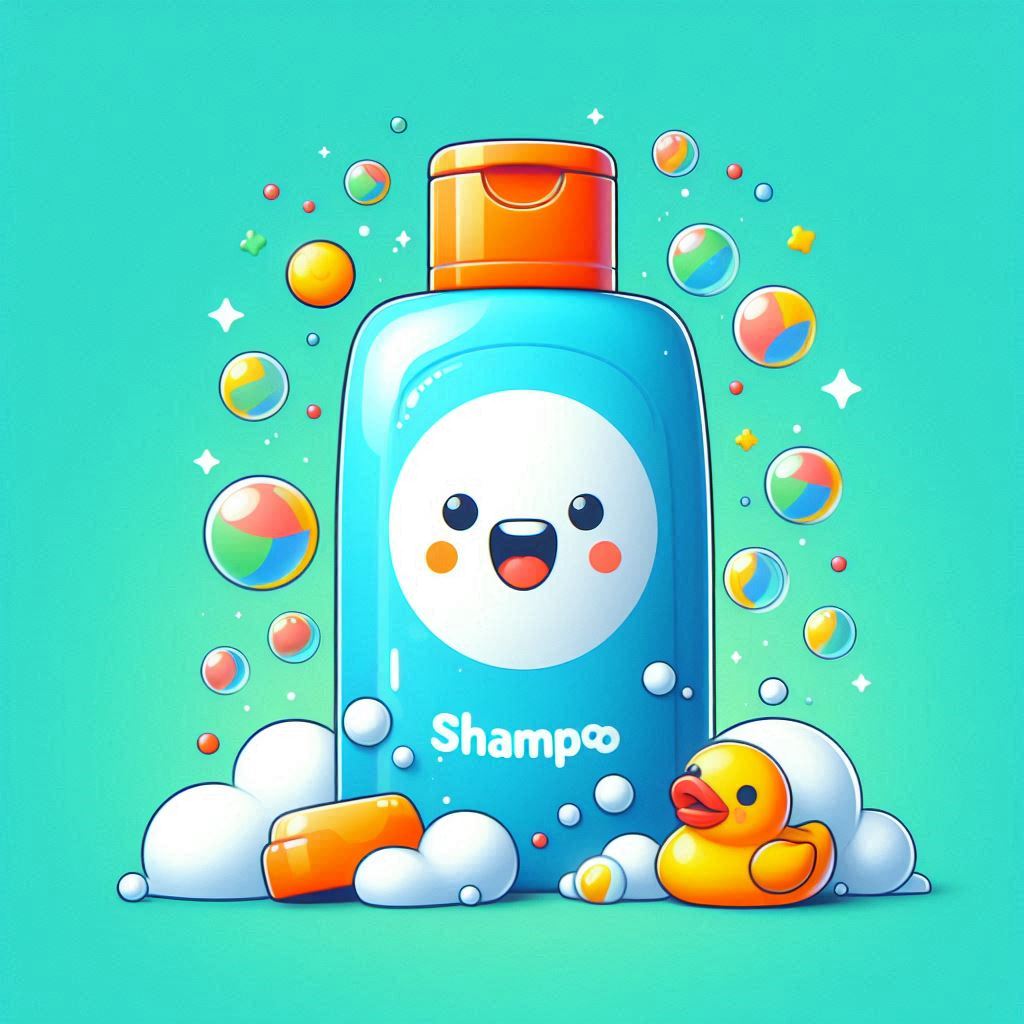Your basket is currently empty!
Category: Ages & Stages
-

The best “screen” for a child under 3 is a parent’s face—full of expressions, emotions, and love.
Avoiding screens for children under 3 is essential for their emotional and cognitive development. During this critical period, kids learn to process and express emotions through face-to-face interactions, play, and bonding with caregivers—experiences screens cannot replicate. Excessive screen exposure suppresses emotional expression, creates dependency for comfort, and hampers social and emotional skills. Instead, engaging activities…
-

Stress-Free Parenting: How Sharing Responsibilities Creates a Happier Home
Parenting is a shared journey that requires emotional balance, mutual respect, and effective communication between parents. Both fathers and mothers play crucial roles in creating a positive and nurturing home environment. When fathers manage their stress effectively and mothers maintain a balanced mood, it not only improves their individual well-being but also ensures happy parenting…
-

The Hidden Impact of Toxic Parenting and How to Avoid It
Toxic parenting involves harmful behaviors like excessive criticism, emotional neglect, verbal abuse, and manipulation, which negatively impact a child’s emotional and psychological well-being. It can lead to long-term consequences such as low self-esteem, anxiety, depression, and difficulty forming healthy relationships. However, toxic parenting can be avoided by practicing empathy, open communication, setting healthy boundaries, and…
-

The Problem with Forcing Kids to Say ‘Sorry’: A Better Way to Teach Remorse
As parents, caregivers, or educators, teaching children the importance of apologizing is an essential life lesson. Apologies are crucial for mending relationships, demonstrating empathy, and fostering accountability. However, many adults resort to forcing children to say “sorry” when they’ve hurt someone, behaved inappropriately, or broken a rule. While this might seem like an effective way…
-

Gen Z vs. Gen Alpha: The Evolution of Language in the Digital Age”
Gen Z and Gen Alpha are reshaping communication, each in unique ways. Gen Z’s language, driven by digital culture, memes, and social media, values authenticity, efficiency, and informality. Gen Alpha, growing up with advanced technology, leans even more on visual communication, using emojis, GIFs, and short-form videos. They are influenced by AI tools, voice technology,…
-

The Rise of Gen Z Language: Why It’s Popular and Where It’s Headed
Gen Z’s unique language is shaped by digital culture, cultural diversity, and a desire for authenticity. It features slang, emojis, memes, and abbreviations that convey meaning quickly and creatively, reflecting the fast-paced online environment. This language is becoming more visual, with emojis and GIFs often replacing words, and it’s starting to influence professional spaces as…
-

10 Common Newborn Physical Conditions
Newborns often experience several physical conditions during the first few weeks after birth, most of which are normal and resolve on their own. Common issues include jaundice, forceps marks, Mongolian spots, mild cyanosis (“blue baby”), and conditions like spitting up or transient breathing issues. Skin concerns like baby acne, diaper rash, and temporary color changes…
-

Why Toddlers Grind Their Teeth: Causes and Parental Precautions
IntroductionTeeth grinding, or bruxism, is a common occurrence in toddlers, leaving many parents puzzled and concerned. It often happens during sleep but can also occur during wakeful moments of concentration. Understanding why this happens, what it signifies, and how parents can respond is crucial for safeguarding a toddler’s dental and overall health. Why Do Toddlers Grind…
-

The Four Essential Mantras Every Parent Should Teach
This article explores four essential mantras—Respect, Responsibility, Resilience, and Empathy—that every parent should teach their child for healthy emotional and social development. It highlights the importance of these values in shaping well-rounded individuals who can navigate life’s challenges with confidence and kindness. The article provides practical advice on how to instill these qualities through modeling…
-

Which Kids’ Shampoo Is the Safest, Most Sustainable, and Best for Your Child?
When choosing a baby shampoo, it’s important to avoid brands that contain harsh chemicals like sulfates (SLS), parabens, and phthalates, as these can irritate your baby’s sensitive skin and disrupt hormonal development. Brands with synthetic fragrances or formaldehyde-releasing agents should also be avoided due to potential allergic reactions and skin irritation. Instead, opt for gentle, hypoallergenic shampoos from…
